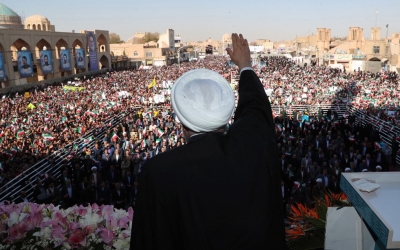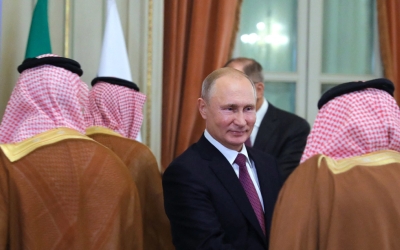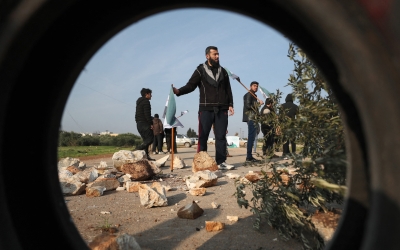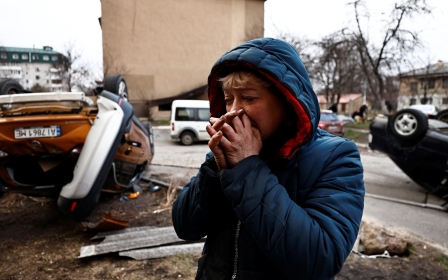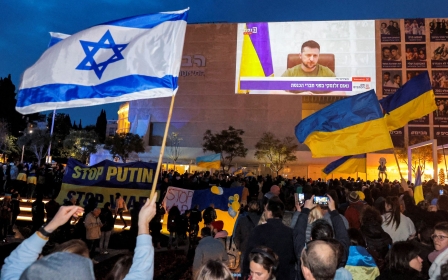Russia-Ukraine war: No 'grey space' for Middle East states in conflict, says US official
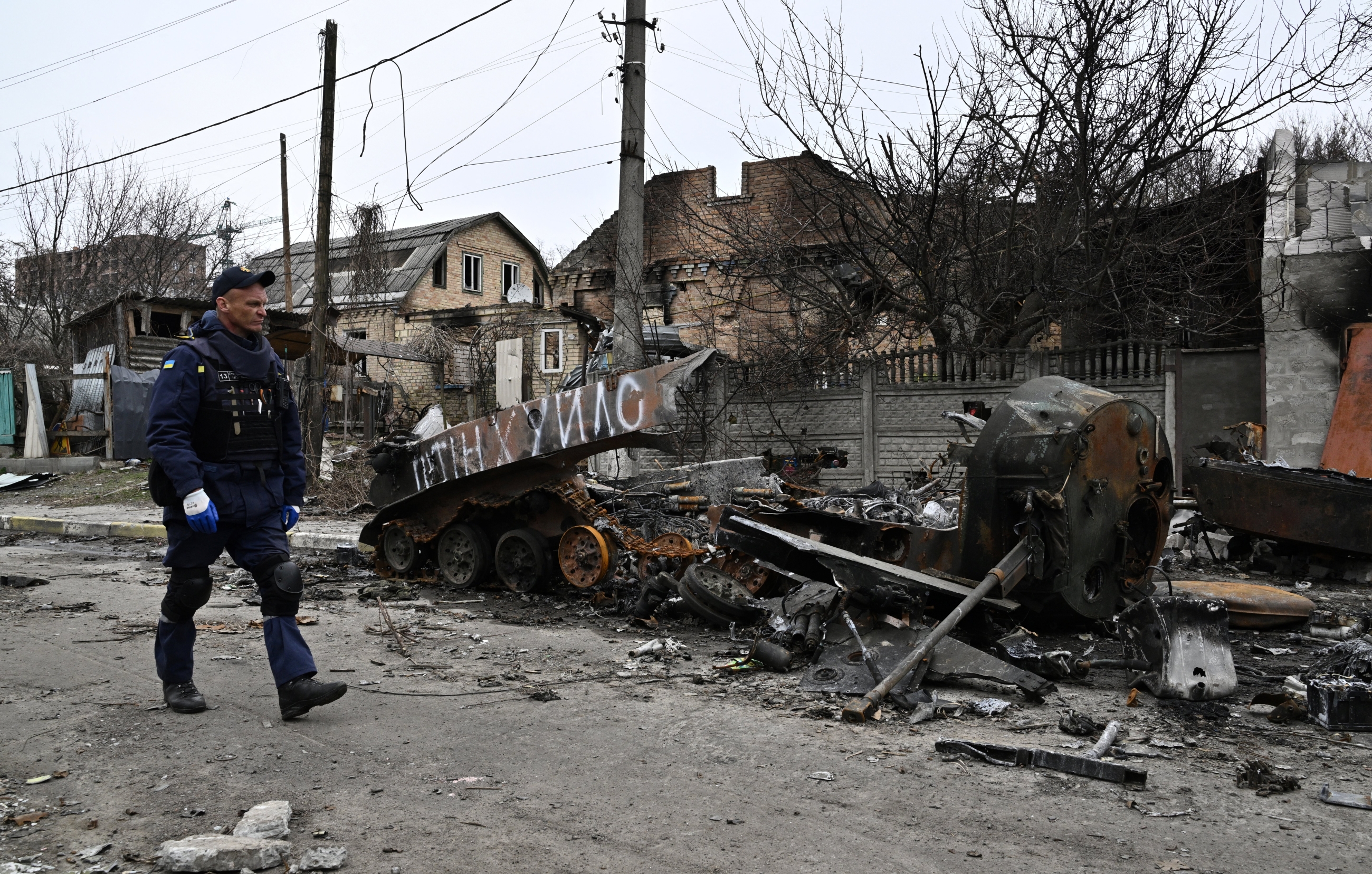
Countries in the Middle East should condemn Russia over its invasion of Ukraine and join the US and its European allies by enacting "punishing sanctions" on the Kremlin, a top US official said on Tuesday.
Dana Stroul, Deputy Assistant Secretary of Defense for the Middle East, called the invasion of Ukraine "a black and white case of Russian aggression" and urged countries in the region "to not stay in the grey space" by remaining silent.
The Biden administration's efforts to present a united front against Russia have been rebuffed by its Middle Eastern partners who have deepened their relations with Moscow in recent years amid a sense of US disengagement from the region.
In February, the United Arab Emirates abstained from a vote at the UN Security Council condemning Russia's invasion. And along with countries like Turkey, the oil-rich sheikhdom has refused western efforts to isolate Moscow.
The conflict in Ukraine has also stretched Washington and the Gulf region's long-standing energy-for-security relationship, with Saudi Arabia and the UAE resisting US pleas to increase oil production at a time of rising energy prices.
Instead, Gulf states, which dominate the oil cartel Opec, have reiterated their commitment to an Opec+ deal with Russia, agreed last year, which caps month-on-month increases in oil production by 400,000 barrels a day.
'Combat power here to stay'
The strained ties developed as leaders in the Gulf watched with concern the US’s chaotic withdrawal from Afghanistan last year, as part of Washington's 'pivot' from the region to focus more on great-power rivalry with China and Russia.
Abu Dhabi has also been riled by what it views as a tepid response from the Biden administration to recent drone and missile attacks on the UAE stemming from Houthi rebels in Yemen.
Speaking at an event on Tuesday hosted by the Wilson Center in Washington DC, Stroul pushed back against claims that the US's commitment to regional security was wavering.
"Let me be clear," she said, "the US has real combat power in this region and we are going to maintain it."
Stroul identified the Middle East as a "key theatre of competition" against China, and pointed to the "tens of thousands" of US forces deployed across the region. She also reaffirmed the US military presence in Iraq and Syria to fight the Islamic State (IS) militant group.
But questions about the US's staying power in the region have been festering for years, such as when the Trump administration refused to respond to a massive 2019 attack on Saudi oil facilities. Under the Biden administration, ties have hit new lows over other policy differences.
Washington's critique of human rights issues has irked several Gulf states. On the campaign trail, Biden pledged to make Saudi Arabia the "pariah that they are" for the 2018 murder of Middle East Eye columnist Jamal Khashoggi, and famously ruled out dealing directly with the country's de facto ruler, Crown Prince Mohammed bin Salman.
The Biden administration is also trying to revive the 2015 nuclear deal with Iran. The Gulf states opposed the original agreement and backed the Trump administration's decision to withdraw from the accord in 2018 which saw Washington impose debilitating sanctions on Tehran.
Stroul called Iran the "leading source of instability in the Middle East" and said the US was looking to deepen regional partnerships to respond to the threat.
'War crimes and atrocities'
Yet the Gulf and Washington have diverged on ways to counter Iran. To the consternation of Washington, the UAE has sought to rehabilitate Syrian President Bashar al-Assad, in part to try and limit Tehran's sway in the war-ravaged country.
Last month the Syrian leader travelled to the UAE for his first visit to an Arab state since the eruption of the country’s civil war in 2011. Assad is a key Russian ally and Moscow's 2015 military intervention in Syria is credited with turning the tide of the conflict in his favour.
In her comments, Stroul sought to draw a parallel between the decade-old conflict in Syria and war in Europe, saying the devastation wrought by Moscow’s Syrian air campaign presaged “the war crimes and atrocities” that are going to be reported in Ukraine.
"Those in the Middle East and those displaced by the violence in Syria know all too well what prolonged and sustained Russian support for an aggressor looks like," she said.
Stroul added that the US had made it clear to its partners that it was opposed to any efforts to normalise relations with the government in Damascus.
“The US government does not support efforts to rehabilitate Assad and we do not support others normalising relations with his regime," she said.
Middle East Eye propose une couverture et une analyse indépendantes et incomparables du Moyen-Orient, de l’Afrique du Nord et d’autres régions du monde. Pour en savoir plus sur la reprise de ce contenu et les frais qui s’appliquent, veuillez remplir ce formulaire [en anglais]. Pour en savoir plus sur MEE, cliquez ici [en anglais].


